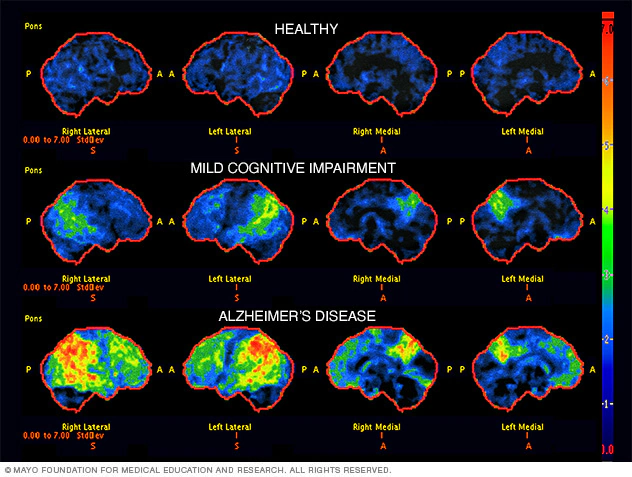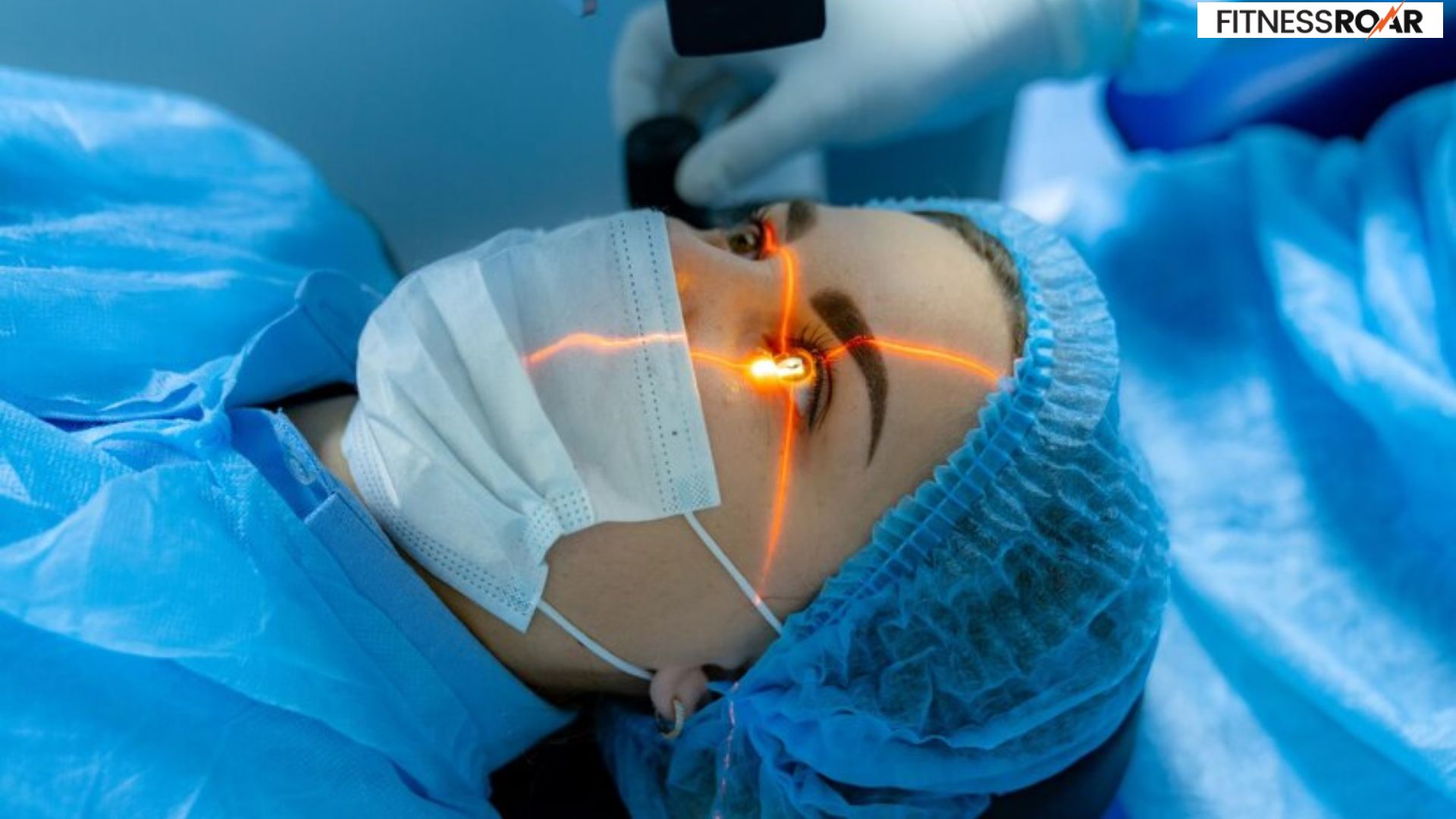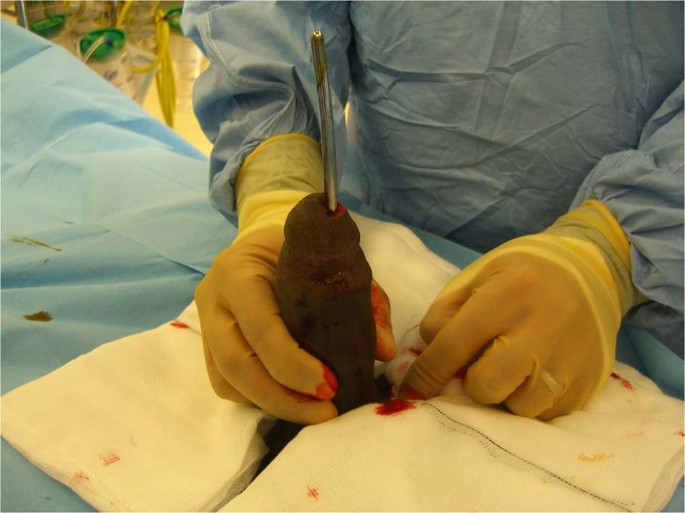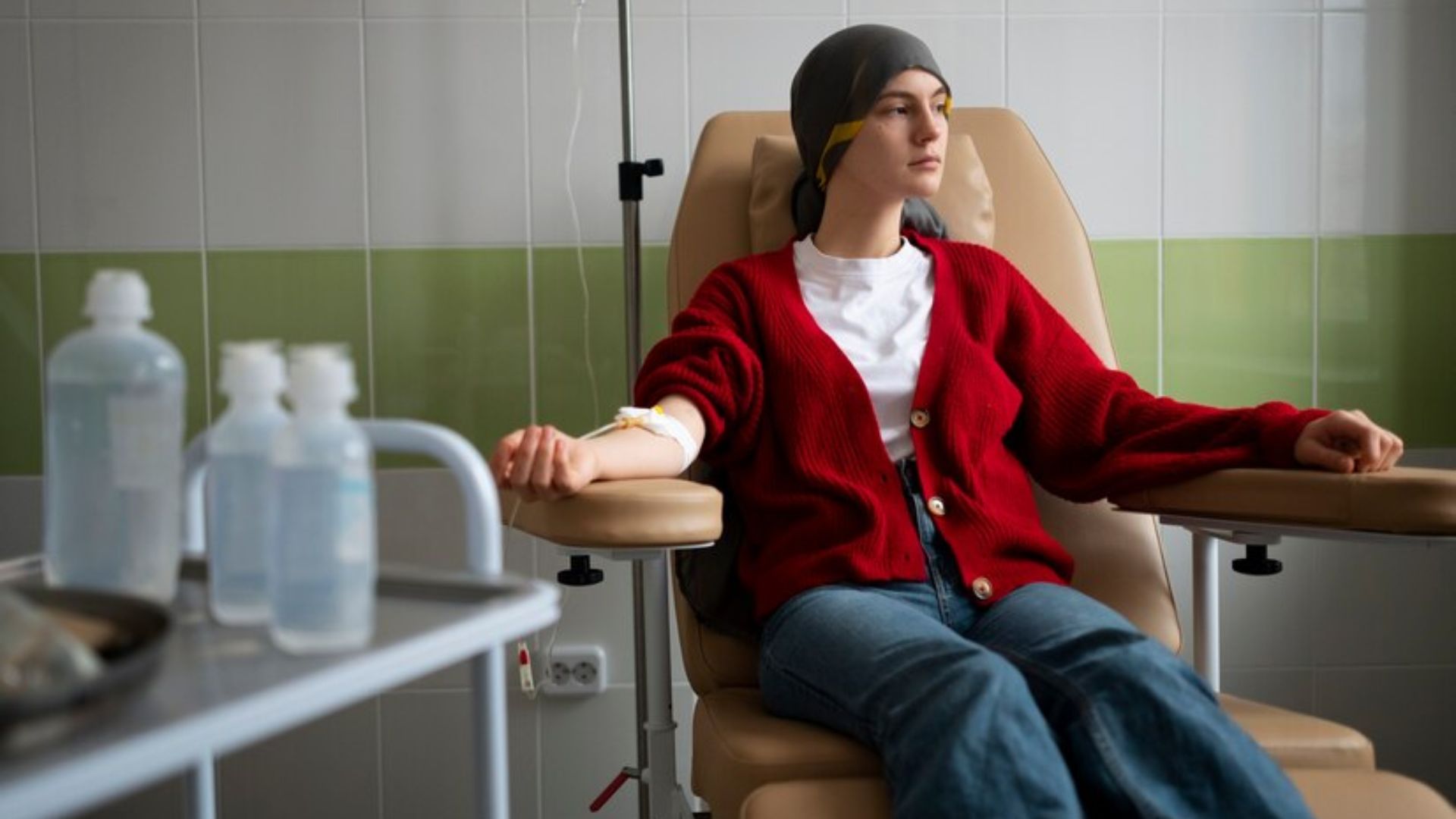Alzheimer’s Progression: From Early to Late Stage

Alzheimer’s disease is a progressive, neurodegenerative disease that gradually destroys brain cells and impairs memory, thinking, and behavior. It’s the most common cause of dementia, a general term for the decline in cognitive abilities that interferes with daily life.
Understanding the stages of Alzheimer’s disease progression is crucial for several reasons. It can help:
- Individuals and families plan for the future by anticipating care needs as the disease progresses.
- Caregivers make informed decisions about treatment options and support services.
- Healthcare professionals provide appropriate care tailored to the specific stage of the disease.
- Manage expectations as the disease progresses.
Alzheimer’s disease typically progresses through three main stages, each with varying symptoms and impacts on daily life. These stages are generally referred to as early-stage, middle-stage, and late-stage, though some organizations use terms like mild, moderate, and severe. It’s important to remember that the progression of Alzheimer’s disease varies from person to person. We will explore the specific characteristics of each stage in more detail in the following sections.
Also Read: Yoga Asanas for Relieving Stress
Early Stage (Mild Alzheimer’s Disease)
The early stage of Alzheimer’s disease, often referred to as mild Alzheimer’s, is a time when symptoms are first noticeable but may be subtle. People in this stage can often function independently, although they might require some assistance with complex tasks.
Early-stage Alzheimer’s is characterized by a gradual decline in cognitive abilities, primarily affecting memory. People with early-stage Alzheimer’s disease may experience:
- Increased forgetfulness, particularly for recent events or conversations.
- Difficulty finding the right words or names.
- Mild problems with judgment or decision-making.
- Shortened attention span or difficulty concentrating.
- Misplacing belongings more frequently.
While memory lapses are common as we age, some signs may indicate early-stage Alzheimer’s disease:
- Forgetting important dates or appointments and needing reminders more often.
- Difficulty following familiar routines or completing tasks that were previously easy.
- Increased social withdrawal or reluctance to participate in activities that were once enjoyable.
- Changes in mood or personality.
There is no single test to diagnose Alzheimer’s disease in the early stage. Doctors typically use a combination of methods, including:
- Detailed medical history to understand the individual’s overall health and any risk factors.
- Cognitive assessment tests to evaluate memory, thinking, and problem-solving skills.
- Brain imaging scans like MRI or PET scans to look for abnormalities in the brain.
Early detection of Alzheimer’s disease is crucial for maximizing treatment benefits and planning for the future.
While there is no cure for Alzheimer’s disease, early intervention can help manage symptoms and improve quality of life. Treatment options in the early stage may include:
- Medications to help regulate memory and thinking processes.
- Cognitive therapies to improve memory function and problem-solving skills.
- Lifestyle changes such as maintaining a healthy diet, regular exercise, and social engagement, which can potentially slow the progression of the disease.
Several strategies can help individuals and families cope with early-stage Alzheimer’s disease:
- Developing memory aids like calendars, planners, or medication organizers.
- Creating a safe and supportive home environment to minimize confusion and promote independence.
- Joining support groups to connect with others facing similar challenges.
- Seeking professional counseling for emotional support and guidance.
By understanding and implementing these strategies, individuals with early-stage Alzheimer’s disease and their families can navigate this phase more effectively.
Also Read: Key Rules to Lose Belly Fat in Winters
Middle Stage (Moderate Alzheimer’s Disease)
The middle stage of Alzheimer’s disease, often called moderate Alzheimer’s, is typically the longest and most challenging stage. Symptoms become more pronounced, and individuals require increasing levels of care and support.
As the disease progresses in the middle stage, the brain cell damage becomes more extensive. This leads to a significant decline in cognitive abilities and a greater impact on daily life.
People with moderate Alzheimer’s disease may experience:
- More severe memory loss, affecting both short-term and long-term memories.
- Difficulty recognizing familiar faces, including family members.
- Increased confusion and disorientation, especially regarding time and place.
- Problems with communication, struggling to find words or follow conversations.
- Inability to manage daily tasks such as dressing, bathing, or preparing meals independently.
- Behavioral changes, like wandering, anxiety, or agitation.
The middle stage of Alzheimer’s presents significant challenges for both the person with the disease and their caregivers. Some common struggles include:
- Increased need for supervision and assistance with daily activities.
- Frustration and emotional distress due to cognitive decline and communication difficulties.
- Safety concerns associated with wandering or risky behaviors.
- Caregiver stress and burnout as the demands of caregiving increase.
There is still no cure for Alzheimer’s disease in the middle stage, but treatment focuses on managing symptoms and improving quality of life. Some approaches include:
- Medications to manage cognitive decline and behavioral changes.
- Non-medical therapies like music therapy, art therapy, or occupational therapy to promote relaxation and maintain cognitive function.
- Creating a safe and predictable routine to reduce anxiety and confusion.
- Validation therapy to acknowledge and respond to the emotions of the person with dementia.
Caregiving for someone with moderate Alzheimer’s disease can be overwhelming. Fortunately, there are resources and services available to provide support and guidance. These may include:
- Support groups connecting caregivers with others facing similar challenges.
- Respite care offering temporary breaks from caregiving duties.
- Home healthcare services providing assistance with daily living activities.
- Financial assistance programs to help with the cost of care.
By utilizing these resources and building a support network, caregivers can be better equipped to manage the demands of the middle stage and care for their loved ones effectively.
Late Stage (Severe Alzheimer’s Disease)
The late stage of Alzheimer’s disease, often referred to as severe Alzheimer’s, is characterized by a significant decline in cognitive and physical abilities. Individuals in this stage require complete dependence on others for care.
In the late stage, the damage to brain cells is extensive. People with late-stage Alzheimer’s disease may experience:
- Very limited communication skills, often relying on nonverbal cues or single words.
- Complete dependence on others for all daily activities, including eating, dressing, and personal hygiene.
- Increased physical frailty and vulnerability to infections.
- Loss of bowel and bladder control.
- Seizures in some cases.
As the disease progresses in the late stage, cognitive function severely declines. Individuals may lose awareness of their surroundings and have difficulty recognizing loved ones. Physical decline also becomes more pronounced, impacting mobility, swallowing, and overall health.
Unfortunately, Alzheimer’s disease is a terminal illness. In the late stage, it’s important to consider end-of-life care options and discuss palliative care with healthcare professionals. Palliative care focuses on providing comfort and managing pain rather than curing the disease.
Caring for someone with late-stage Alzheimer’s disease is incredibly demanding. Families may face significant challenges, including:
- Emotional strain of witnessing a loved one’s decline.
- Physical and mental exhaustion from the constant caregiving demands.
- Difficult decisions regarding medical care and end-of-life planning.
Support from family, friends, and professional caregivers is crucial during this challenging time.
Even in the late stages, there are ways to promote comfort and dignity for the person with Alzheimer’s disease:
- Providing a safe and comfortable environment free from clutter and with familiar surroundings.
- Maintaining a gentle care routine that focuses on basic needs and respects individual preferences.
- Offering pain management as needed to ensure comfort.
- Continuing emotional support through touch, music, or familiar voices.
By implementing these strategies, families can create a loving and supportive environment for their loved one in the final stages of Alzheimer’s disease.
Also Read: 5 Signs You’re Sleep Deprived
In Crux
Alzheimer’s disease progresses through three main stages, each with distinct characteristics.
Early detection of Alzheimer’s disease allows individuals and families to plan for the future, make informed decisions about care, and potentially benefit from early intervention strategies.
Alzheimer’s disease can be a challenging journey for both the individual and their loved ones. There are numerous resources and support systems available, including support groups, respite care services, and professional counseling. Seeking help and building a support network is crucial for managing the emotional and physical demands of this disease.
While there is currently no cure for Alzheimer’s disease, research is ongoing to develop new treatments and improve care options. There is hope that advancements in the future will lead to better management of symptoms, slowing of disease progression, and potentially even a cure.
Remember, Alzheimer’s disease is a progressive disease, but with knowledge, planning, and support, individuals and families can navigate each stage with compassion and dignity.
How much did you like Our detailed Alzheimer’s Disease Progression: Early to Late Stage? Please share your view in the comment box. Also, please share these Blogs with your friends on social media.
Recommended














